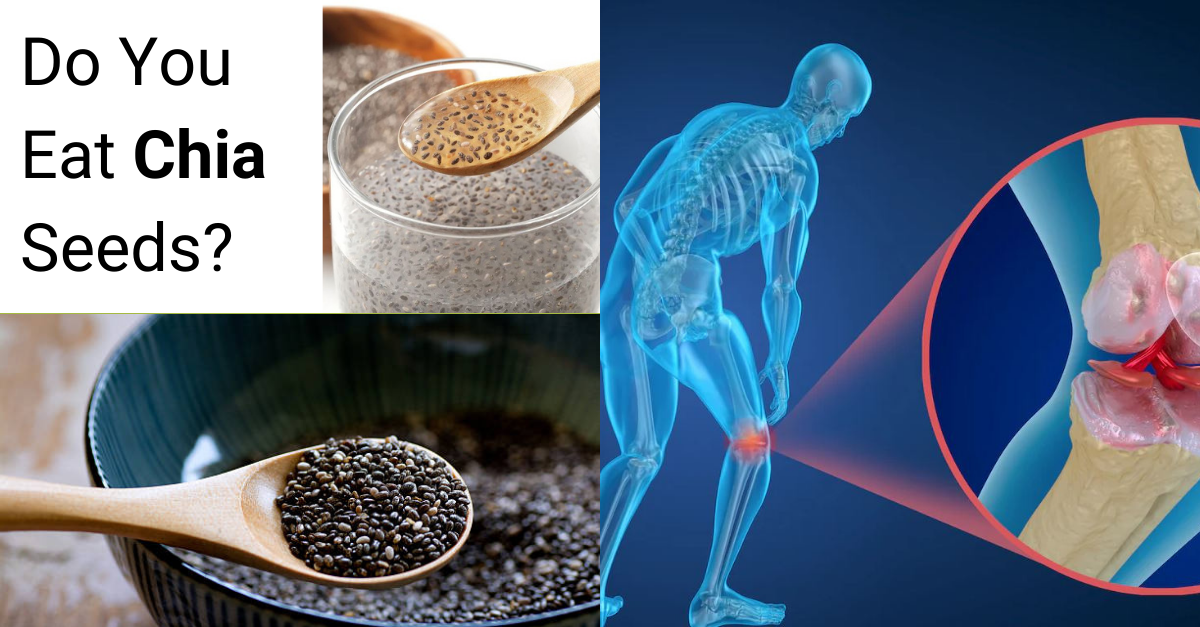Chia seeds are an incredible addition to a daily diet, offering numerous health benefits while helping to prevent various diseases. Despite being low in calories, these tiny seeds pack a powerful nutritional punch and can be enjoyed with a wide range of foods.
Chia seeds (Salvia hispanica) have gained popularity as a superfood within the health community. Originally from Mexico and Guatemala, they are now grown across North and South America. When properly prepared, chia seeds are easy to digest and can be used in many recipes. They are loaded with nutrients like fiber, protein, calcium, manganese, antioxidants, and omega-3 fatty acids.
Recent research suggests the benefits of chia seeds are more significant than once believed. They support healthy skin, build stronger bones, slow aging, and promote heart and digestive health, among other advantages.
Here Are 15 Health Benefits of Eating Chia Seeds:
- Nutrient Powerhouse
Just one ounce of chia seeds contains:
- 11 grams of fiber
- 4 grams of protein
- 9 grams of fats (including 5 grams of omega-3s)
- 18% of your daily calcium needs
- 30% of your daily magnesium and manganese needs
- Phosphorus, zinc, B-vitamins, and potassium
2. Rich in Antioxidants
Chia seeds are packed with antioxidants that combat free radicals, reduce premature aging, and lower the risk of cancer. These antioxidants also help protect the healthy fats in chia seeds.
- Fights Chronic Inflammation
Regular consumption of chia seeds has been linked to reduced inflammation. Studies show a 40% reduction in inflammatory markers after adding chia seeds to the diet.
- Boosts Brain Function
Chia seeds enhance cognitive function by supporting focus, energy, discipline, and mental clarity. More on this topic: Ginkgo Biloba Drops – Boost Your Brain and Circulation
- Supports Heart Health
The high fiber, omega-3s, and protein content in chia seeds help lower the risk of heart disease by fighting inflammation, regulating blood pressure, and reducing triglycerides.
- Low-Calorie Superfood
One ounce of chia seeds provides just 137 calories and is low in carbohydrates, making them a nutrient-dense, low-calorie addition to your meals.
- Relieves Constipation
Chia seeds absorb water and form a gel-like substance that adds bulk to stool, easing bowel movements and reducing constipation.
See also: Bloating Relief: Simple Fixes for Constipation and Gas
- Promotes Weight Loss
With their high soluble fiber and protein content, chia seeds create a sense of fullness, reducing appetite and aiding in weight management.
- Balances Blood Sugar
By improving insulin sensitivity, chia seeds help lower blood sugar levels, reducing the risk of conditions like diabetes, obesity, and heart disease.
- Helps Treat Diverticulosis
Chia seeds absorb excess water in the colon, easing bowel movements and reducing inflammation, making them beneficial for those with diverticulosis.
- Great for Vegans
Chia seeds are a plant-based alternative to eggs in vegan recipes. Simply mix 1 tablespoon of chia seeds with 3 tablespoons of water, wait for 5 minutes, and use as a substitute in baking.
- Easy to Incorporate into Your Diet
Chia seeds are versatile and can be added to smoothies, yogurt, oatmeal, salads, soups, or baked goods. You can also eat them raw or sprinkle them on cooked dishes.
Chia seeds are rich in calcium, which strengthens teeth and gums. They also help combat gum inflammation and prevent bad breath.
- Encourages Hair Growth
The nutrients in chia seeds, such as protein, zinc, magnesium, and omega-3 fatty acids, are essential for promoting healthy hair growth.
- Boosts Energy Levels
Chia seeds are a natural energy booster, making them an excellent alternative to sugary sports drinks. They provide long-lasting energy without the crash.
How to Use Chia Seeds Safely
The recommended daily intake of chia seeds is 40 grams (about 3 tablespoons), split into two servings of 20 grams each.
You can find chia seeds in most grocery stores or order them online. They are available in different varieties, such as black and white chia seeds, ground seeds, pre-hydrated chia, or chia seed oil. Choose organic chia seeds when possible and buy from reputable retailers for the best quality.
If you’re interested in growing your own chia, the process is simple. Sprinkle chia seeds over the soil, water them daily, and once most of the flower petals have fallen, you can begin harvesting. After drying the flower heads, separate the seeds from the plant.
See also: Organic Gardening 101: How to Grow Chemical-Free Vegetables and Fruits
For easy ways to incorporate chia seeds into your meals, try adding them to salads, smoothies, oatmeal, muffins, sauces, and baked goods. Your body will thank you for the extra boost of nutrients!




